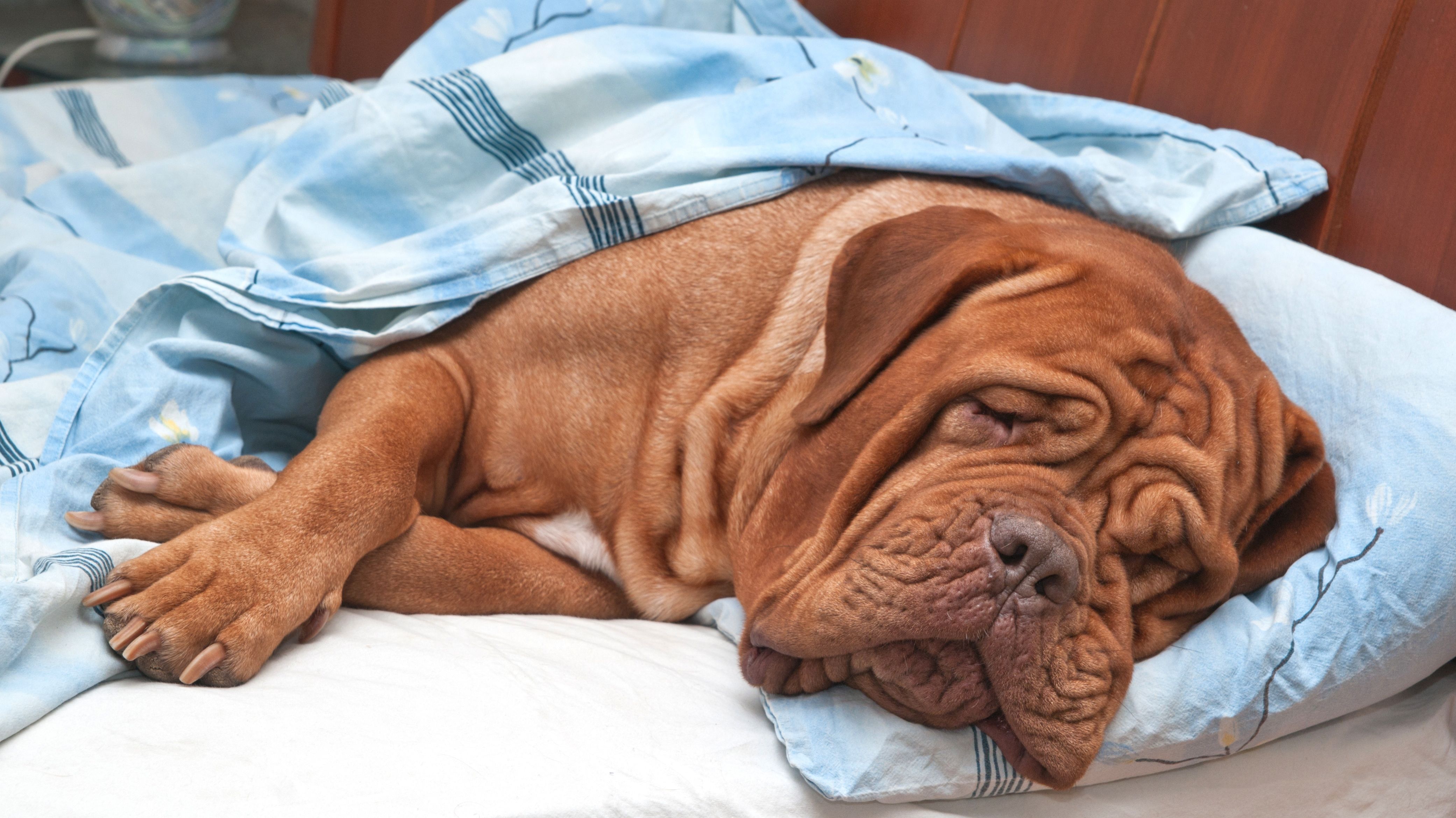Send your question to Umbra!
Q. My pillows are getting gross. I’ve thought about washing them, but I can only do two at a time in the washing machine, and I live in Southern California where we’re in the midst of a nasty drought. So, I’ve thought about throwing them away and getting new ones, but I hate the thought of them just sitting in a landfill. Which path to clean pillows is better for the planet? And if you have any recommendations for eco-friendlier pillows in general, I’ll take ’em!
Amy
Glendale, Calif.
A. Dearest Amy,
While I admire your commitment to water conservation, there’s no need to force your pillows into early retirement. Just as you wouldn’t toss your clothes, dishes, or bedsheets after getting a bit grimy (I hope), nor should you contribute to overconsumerism with a new set of pillows, which require raw materials, water, and energy to produce – and that you don’t really need.
Pillows can be dry-cleaned, but I wouldn’t recommend it. Conventional dry-cleaning is just too toxic, “eco-friendly” cleaners may simply be greenwashing, and the better commercial alternative, “wet cleaning,” still uses water.
So go ahead and wash your pillows, Amy. As you’ve got capacity issues at home, I’d check out the larger machines found at your local laundromat. Gold stars to you if you patronize a business that offers low-water, energy-efficient washing machines (laundromats don’t always advertise this, but may have a few horizontal-axis, front-loading washers for use – ask around, and go for those).
Whether you’re coming clean down the street or at home, use a small amount of gentle detergent. To dry, use the low-heat setting on your clothes dryer and include a few tennis balls or clean tennis shoes to help break up the down clumps that tend to form. It won’t hurt to leave the finished pillows out in the sun for a few hours to enhance drying, either.
You don’t say whether you own an Energy Star washing machine (which uses about 15 gallons of water per load versus 23 gallons for a standard washer, plus less energy to boot), but that’s certainly something to look into for all your laundry going forward. In terms of pillows going forward, look into laying your head on organic cotton, organic wool, hemp, or even buckwheat hulls, all of which can be found stuffing today’s eco-friendly bedding options.
Oh, and if those pillows are at the end of their useful lives? Read on.
Fluffily,
Umbra
Q. We have several old down pillows and comforters, and I have not been able to find a place to recycle or donate them. Any suggestions?
Gretchen H.
Boise, Idaho
A. Dearest Gretchen,
Do I have suggestions? Of course I do! But first, how old are we talking? If your bedding is still in usable condition, you may be able to find someone who’d gratefully take it off your hands. As you may have discovered, secondhand shops can be squeamish about accepting old pillows for reasons involving hygiene and bedbugs. But some local charities may be interested in clean, washed (see above) items; make a few calls to see where your donation can do the most good.
But if your pillows and comforter have deflated beyond all hope, reusing is your best bet. Do you by any chance have pets, Gretchen? Old pillows and blankets make great beds for our four-legged friends. If not, friends, neighbors, or Freecyle might want your castoffs for this purpose, as would your local vet or animal shelter. A few more ideas: Stash pillows in the car for naps. Use the down as stuffing for new throw pillows, old teddy bears, or draft snakes. Turn your comforter into a picnic or beach blanket. Repurpose the filling as packing material.
One more option: You may be able to unload some of your bedding directly to textile recyclers, which sell the fibers to be made into things like industrial rags, carpets, and insulation. There just so happens to be one in your area, and yep, it accepts down pillows and comforters. (If you’re not in Boise, check with the company before dropping anything off.)
I’m sure you’ll find a second life for those tired bedthings, Gretchen. Then sleep easy knowing you’ve kept usable threads out of the landfill.
Sweet-dreamily,
Umbra



